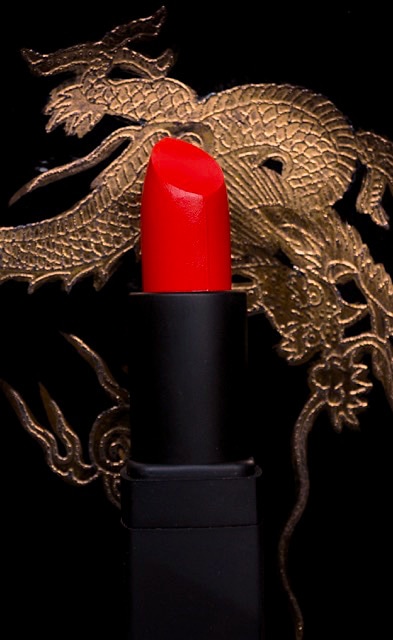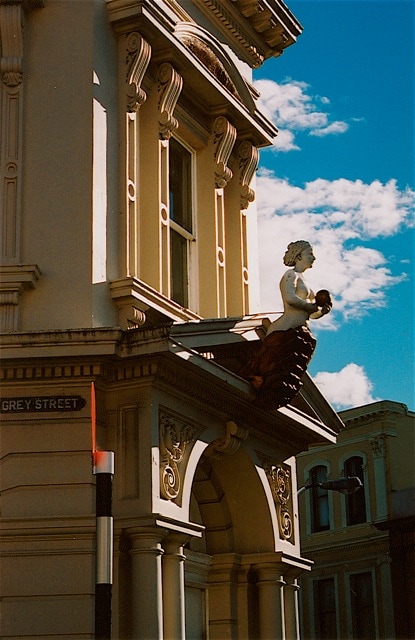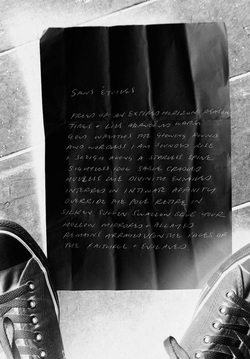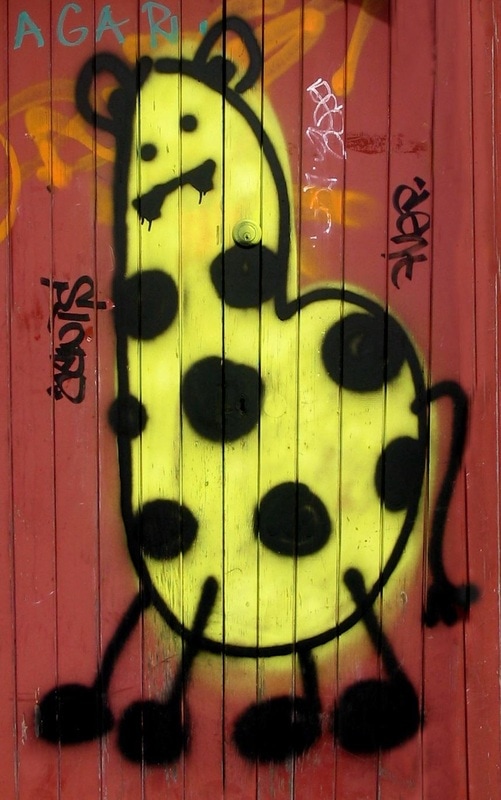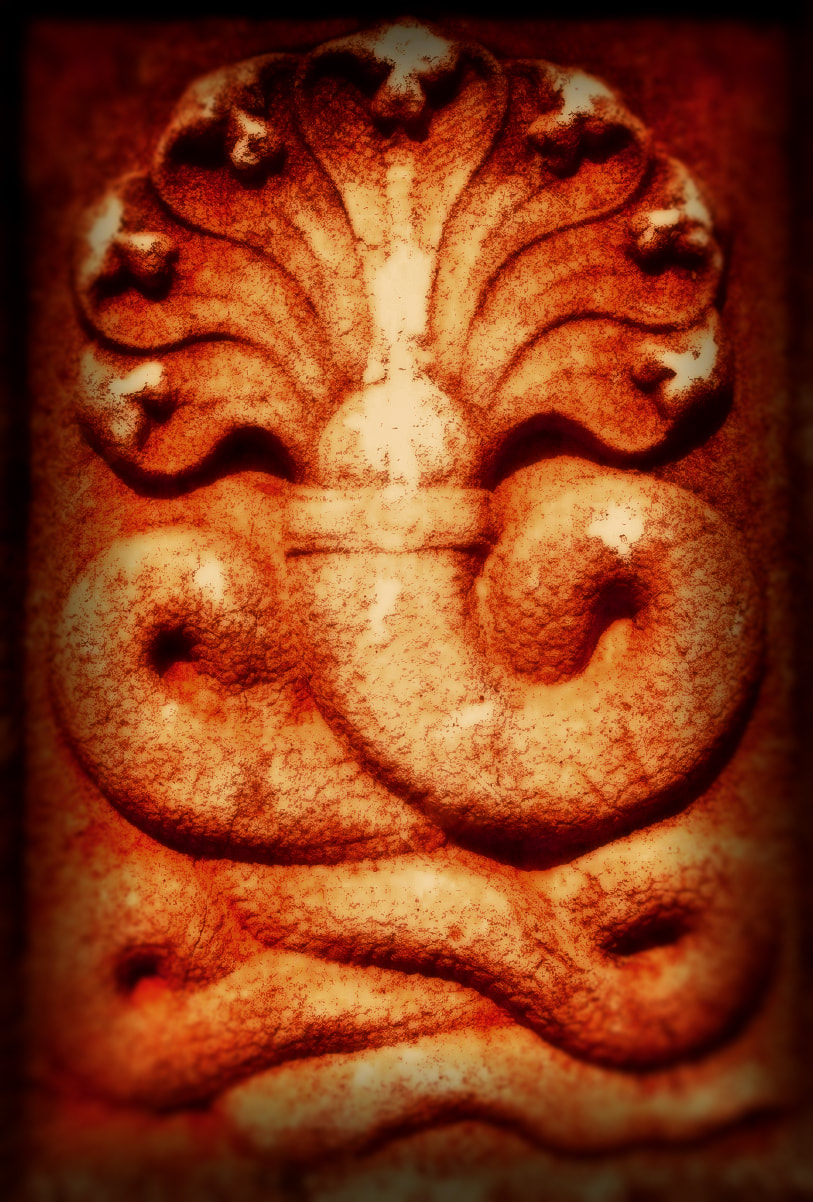| I am neither thrilled by pistons nor particularly impressed by mechanical scale and it's safe to say that petrochemicals don't really rock my little world. Clanking industry is an unwelcome stranger; we've never owned an internal combustion engine and hope to see the back of the fucking things in our lifetimes. That doesn't mean we couldn't appreciate the ferrous relics offered by the Dunedin Gasworks Museum. It represents one of only three such sites remaining on the entire planet and though it suffers a suboptimal location in scungy, inglorious old South Dunedin, that original location provides essential context for its strangely resplendent infrastructure, surprising number of functional steam-driven machines and compliment of bewildering, archaic appliances. |
recognise and preserve what remained came, just in the nick of time, from local enthusiasts.
| The artefacts exemplify its most distinguished paradoxes- baroque and convoluted practicality and that peculiarly brutish strain of innovation, so much a god unto itself. The site retains their prickling metaphysical tang. It's an incredibly male place. So many patronymics stamped into iron and picked out in gold. Is this how R feels when I'm fucking around at the MAC counter for half an hour? Despite being a somewhat unconventional masculine specimen he pronounced both the museum's concepts and spectacle attractive, enjoying the engines' ingenuity and the evolutionary processes they represent. Every unit is a chugging synthetic Tyrannosaur, shaped just as much by external requirements as that defunct beast. I can see how that's cool. |
| She seems skeptical. | Looking at the clunky old appliances, it's almost possible to envision the moment when design began to overtake homely utility as a primary consideration. Aesthetics were an afterthought, worn awkwardly like a bangle on an unaccustomed wrist, before they became everything. I remember these hulking things sitting in the baches (pronounced batches)- the NZ version of the overseas holiday cottage- of my childhood. They were usually ramshackle structures ad-libbed from fibro and iron before neoliberal policies redacted leisure from the national psyche. Now they're called beach houses and are usually plasticised McMansions for people who bankroll their wive's boutiques and outpatient cosmetic procedures in exchange for no-contest infidelity. Sorry kids. Today everything's destined for the landfill after eighteen months. Everybody hearts progress. |
| I do not know what these mighty tanky things are because I wasn't listening. Boilers? Compressors? Was more personally concerned with the abundance of smutty old industrial brick. It used to be everywhere, before waterblasters and gentrification, and would leave either orange dust or greenish dampness on the back of your clothes in alleys. |
fraction of the photographic possibilities onsite; bring your camera and a couple of spare hours.
Both R and I thought the Gasworks Museum was value for money ($5 admission per adult, currently open Sundays). That's high praise coming from a pair of impecunious luddites.

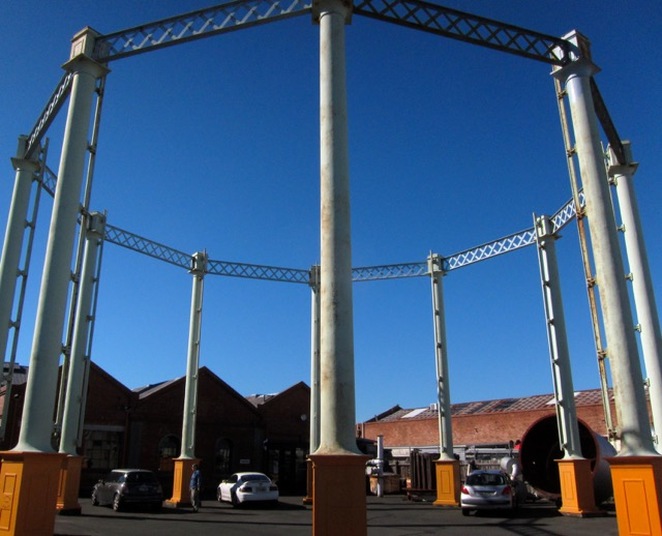
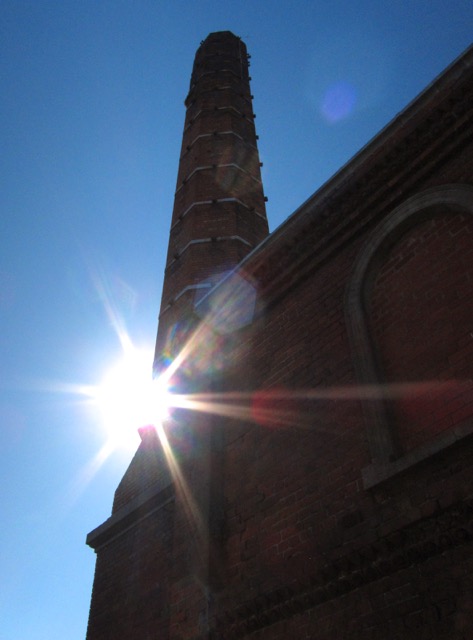
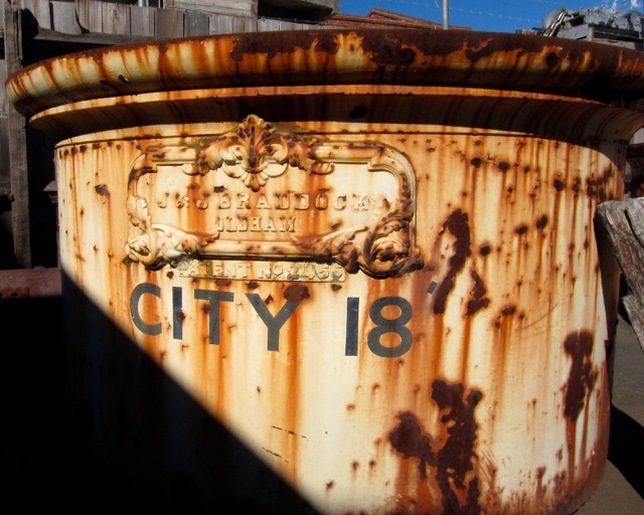
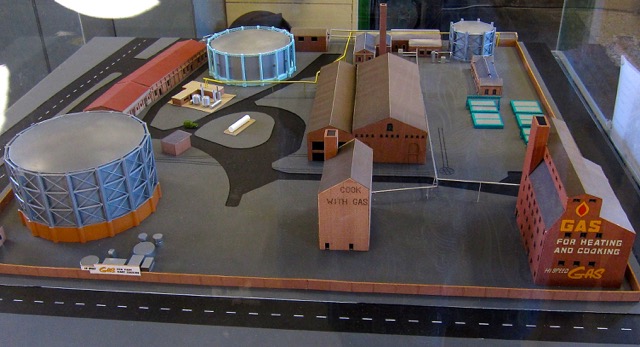
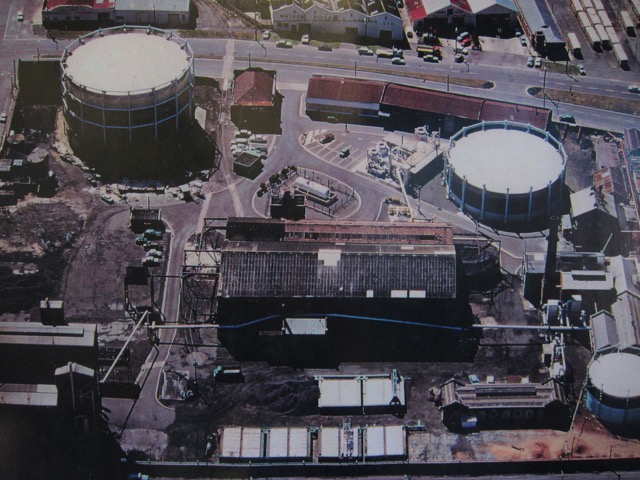
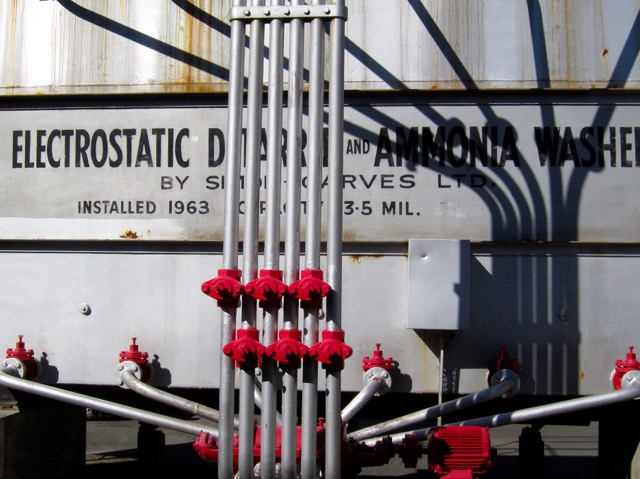
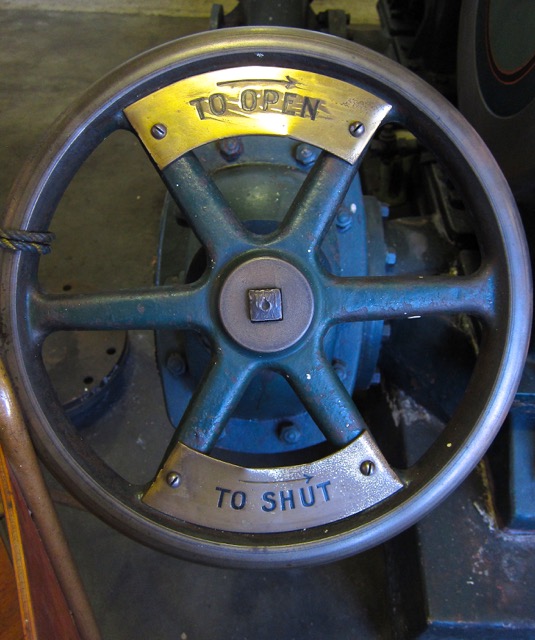
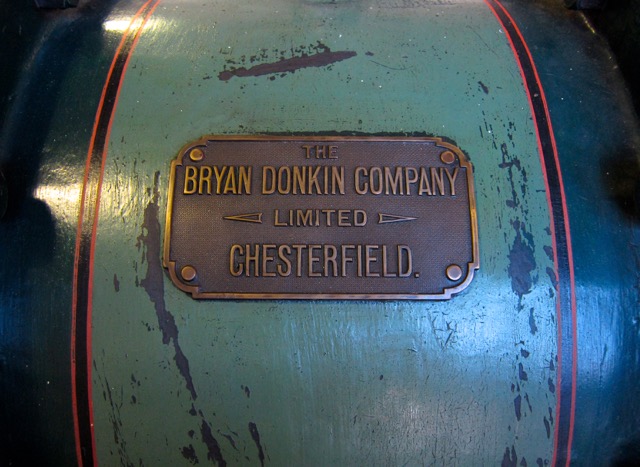
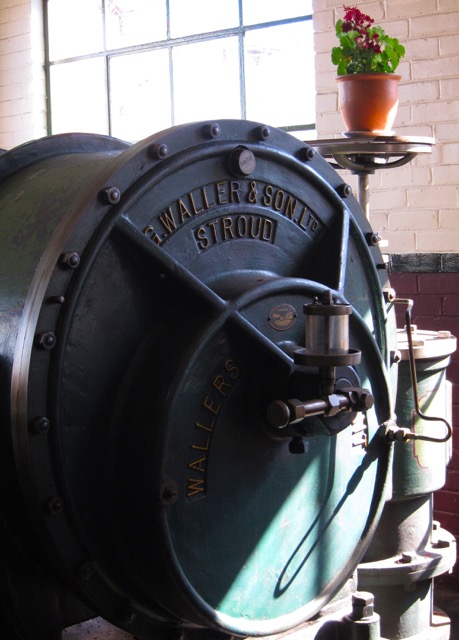
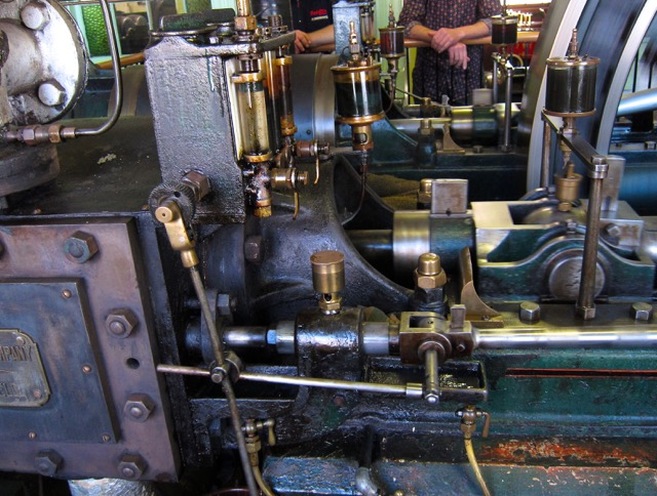
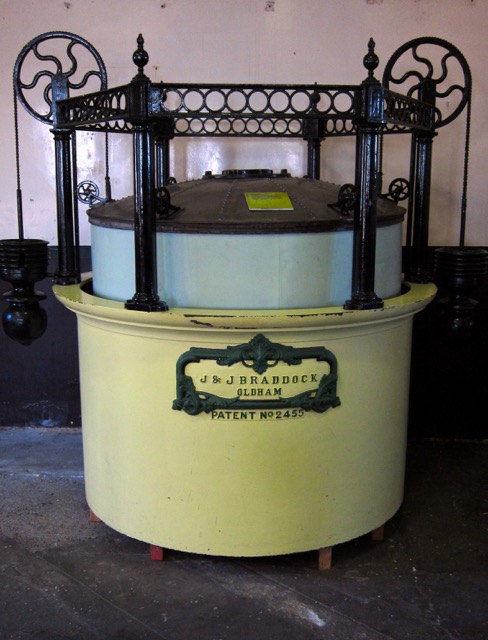
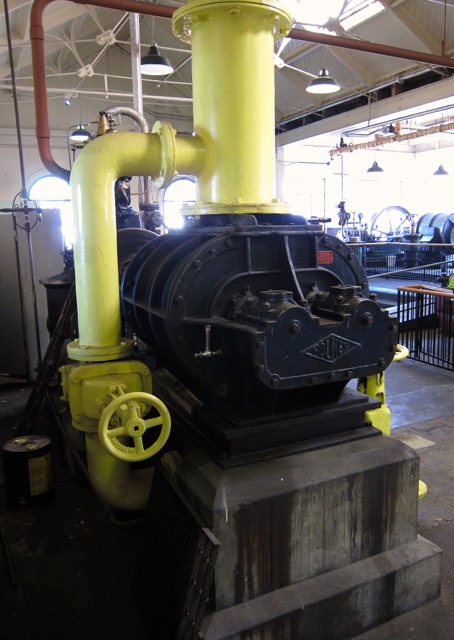
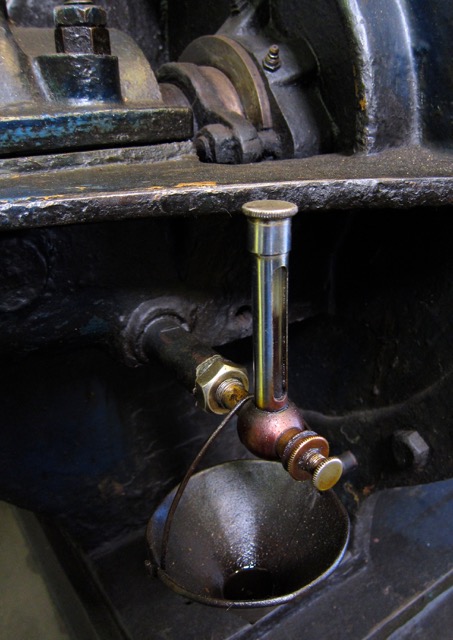
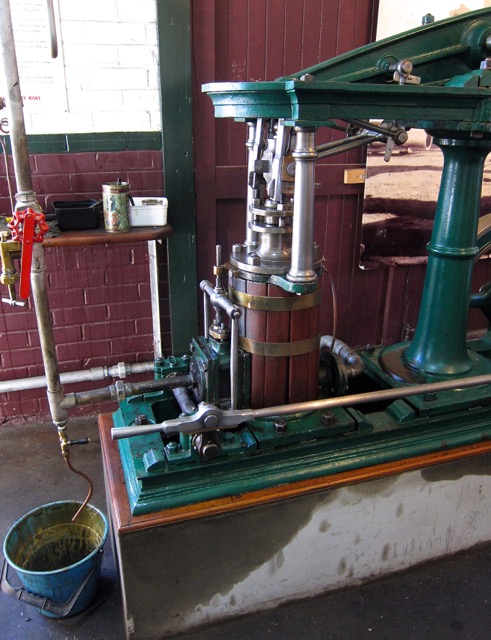
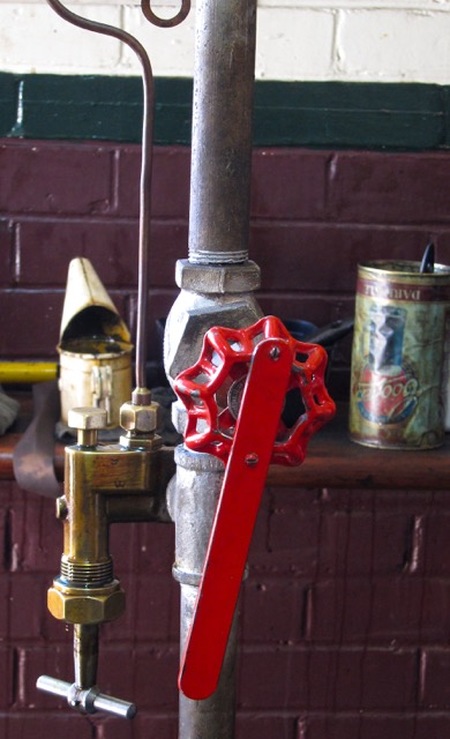
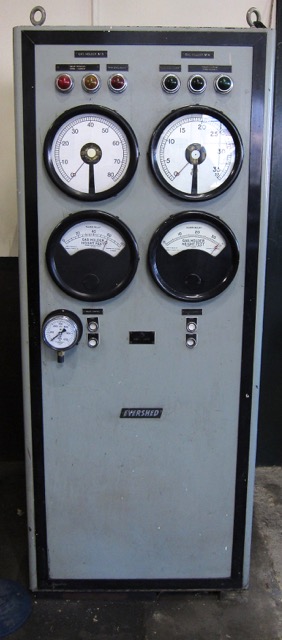
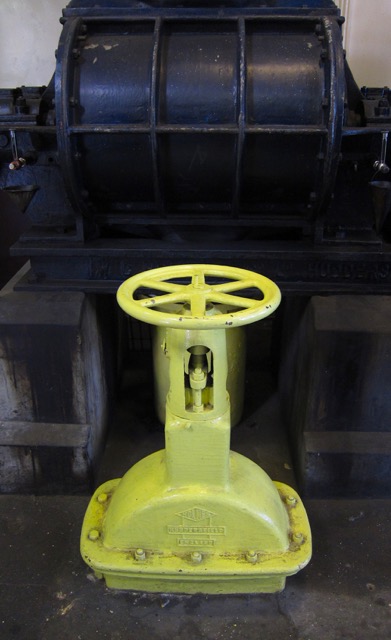
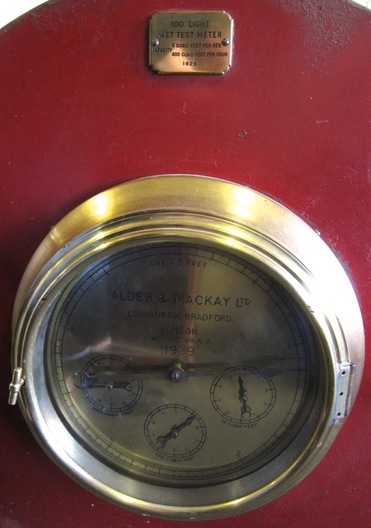
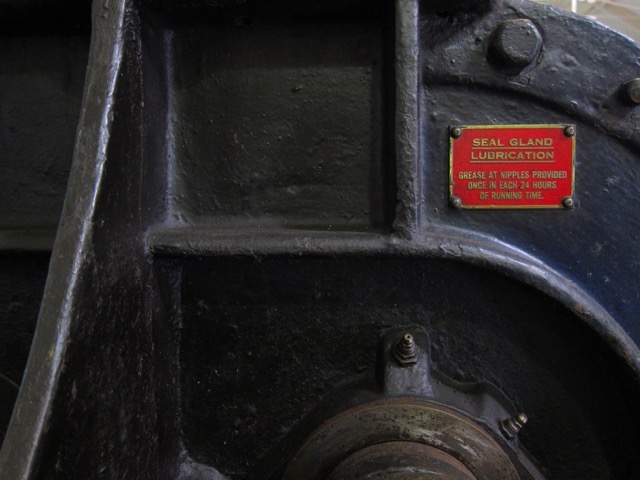
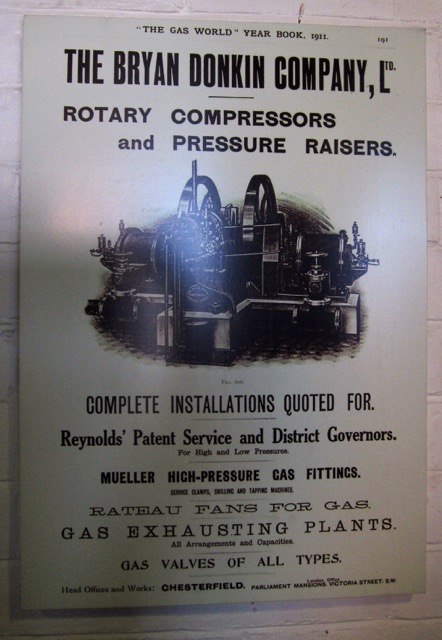
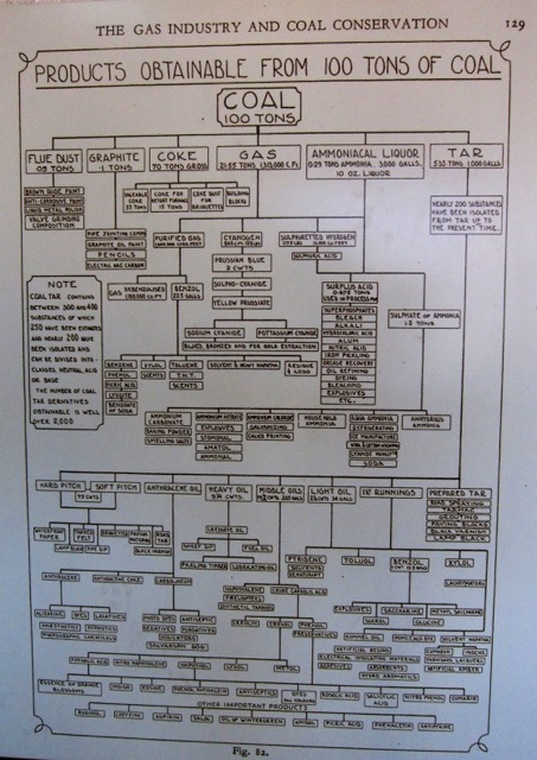
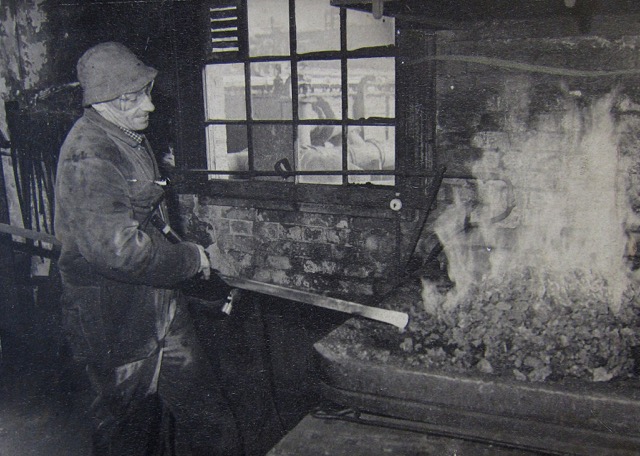
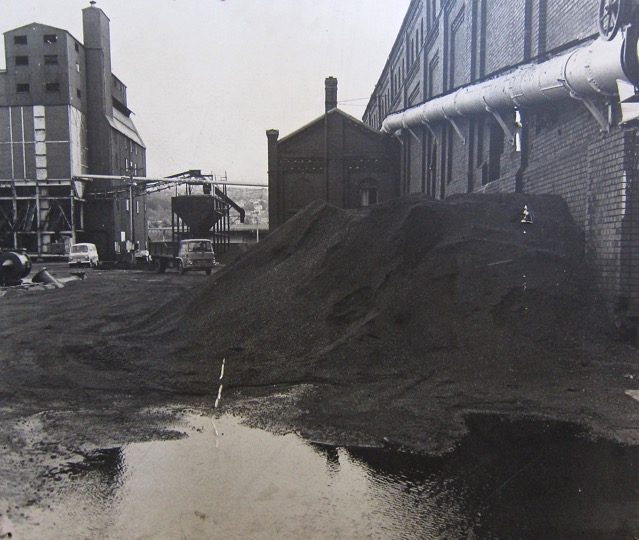
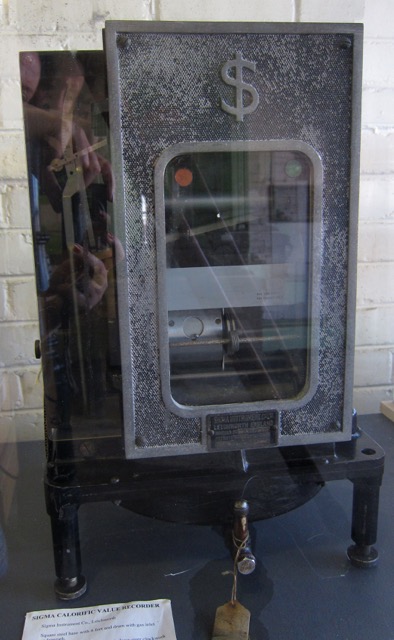
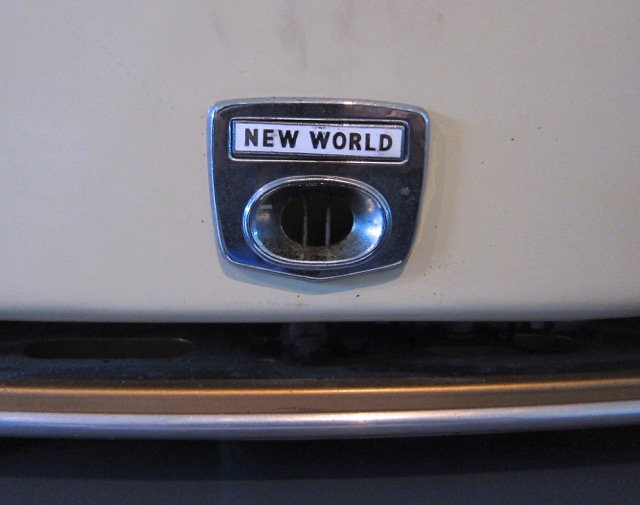
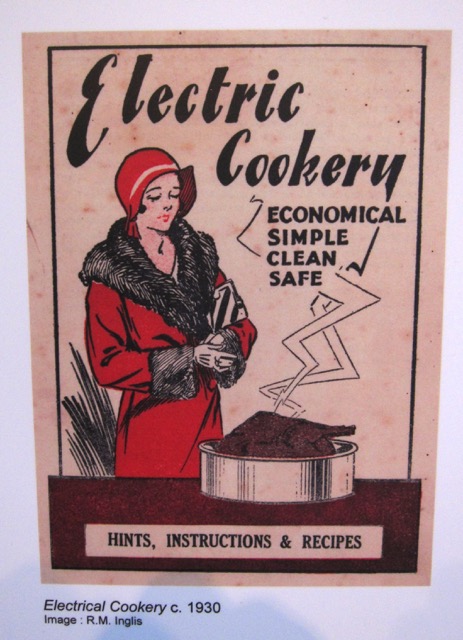
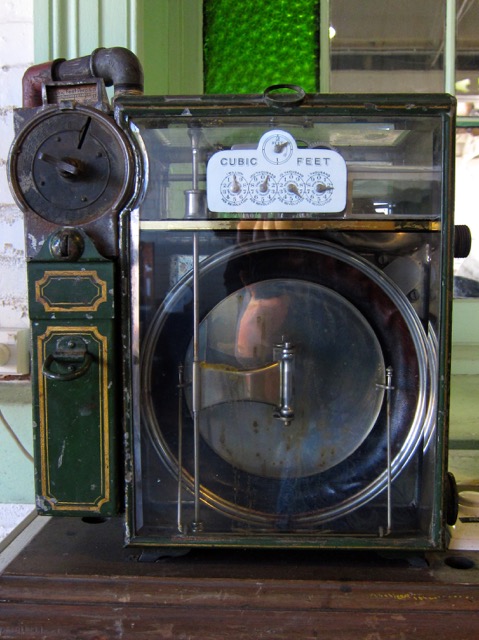
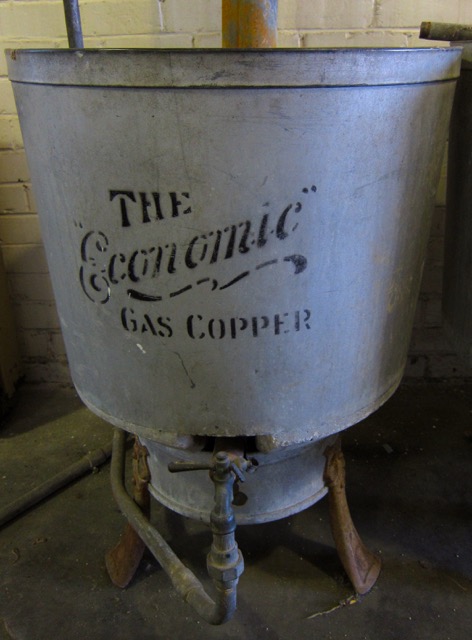
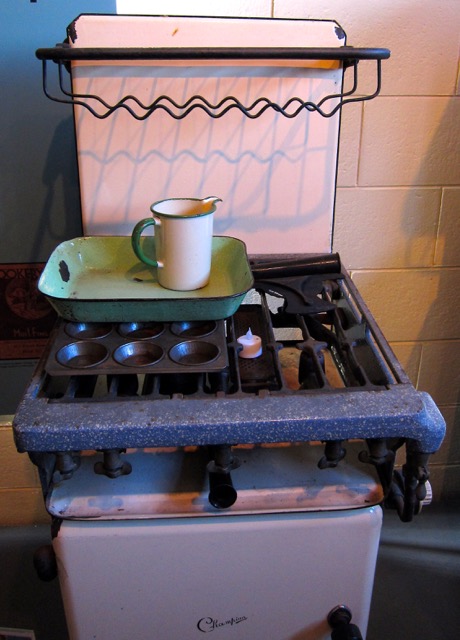
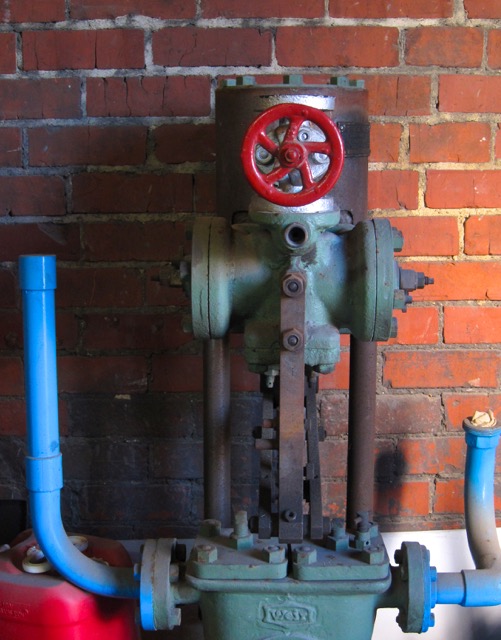
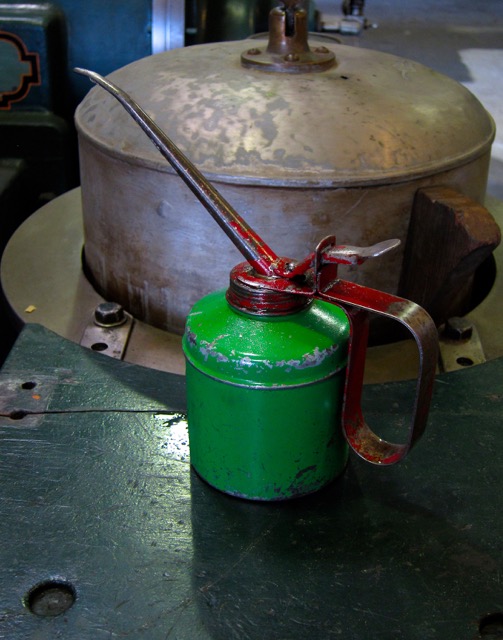
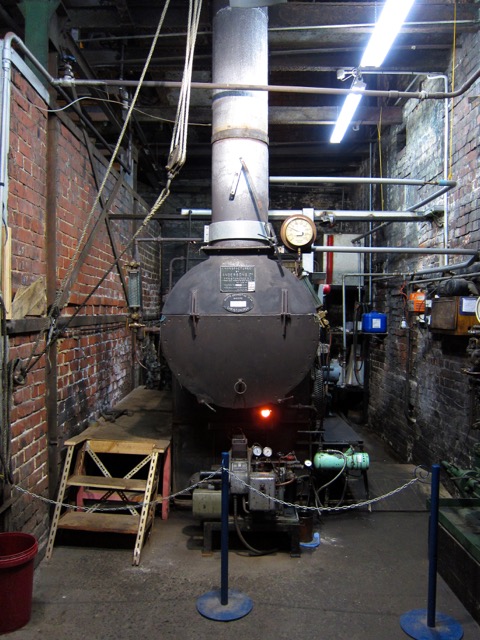
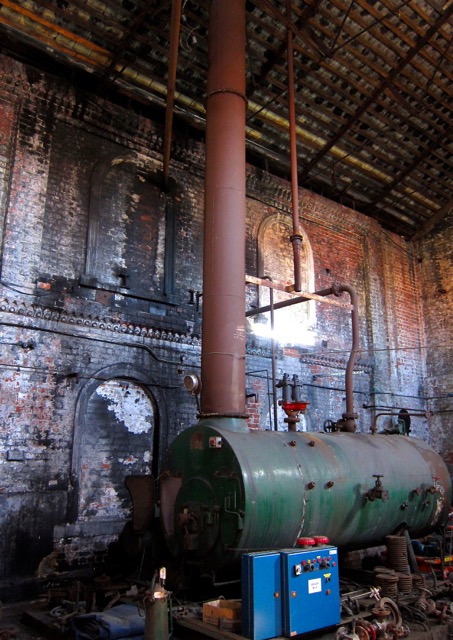
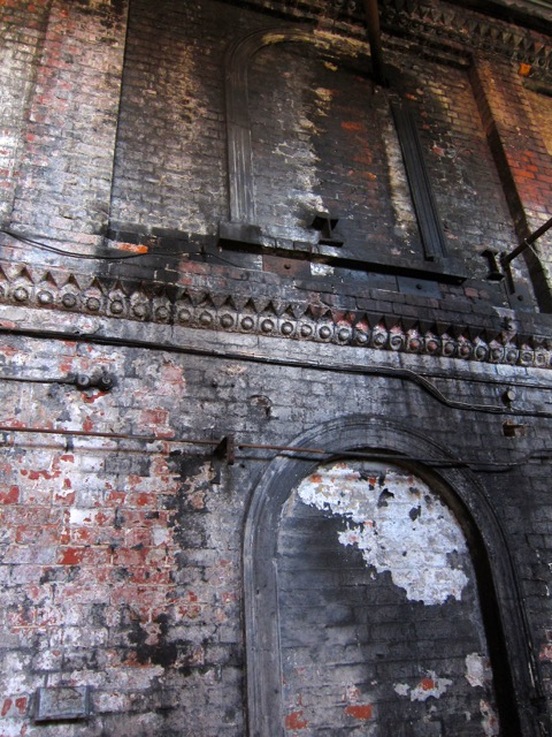
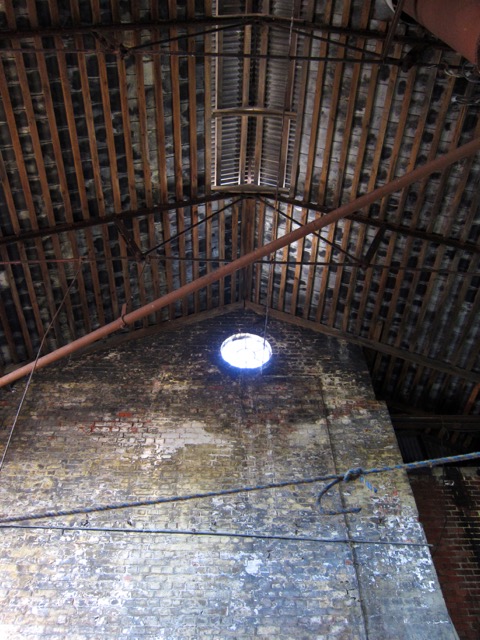
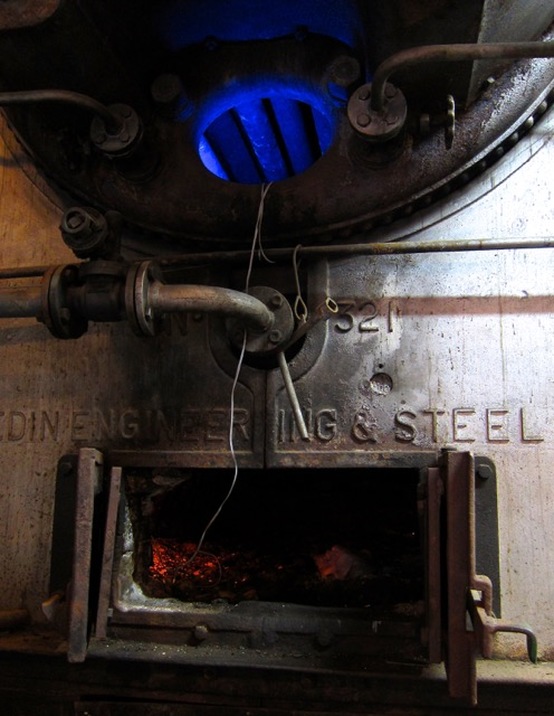
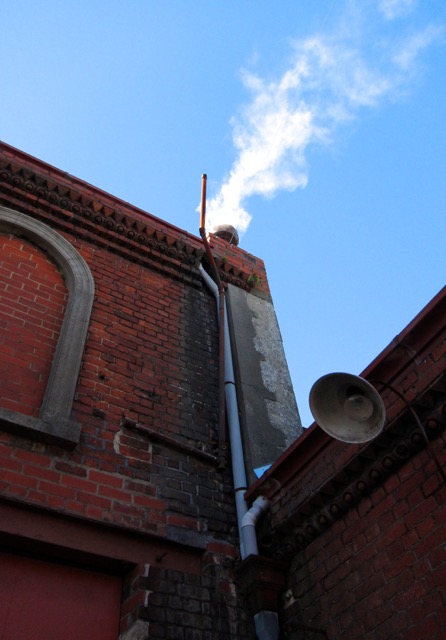
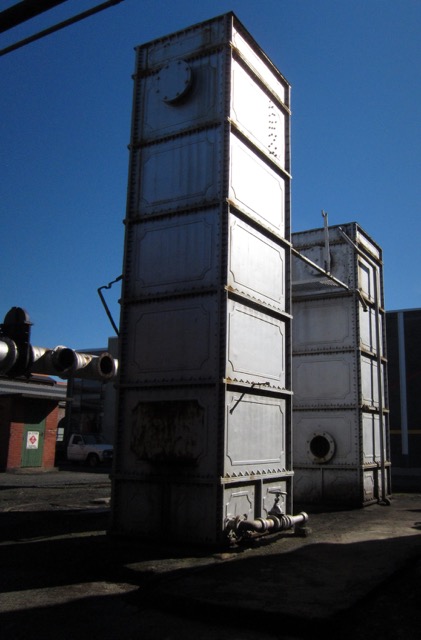
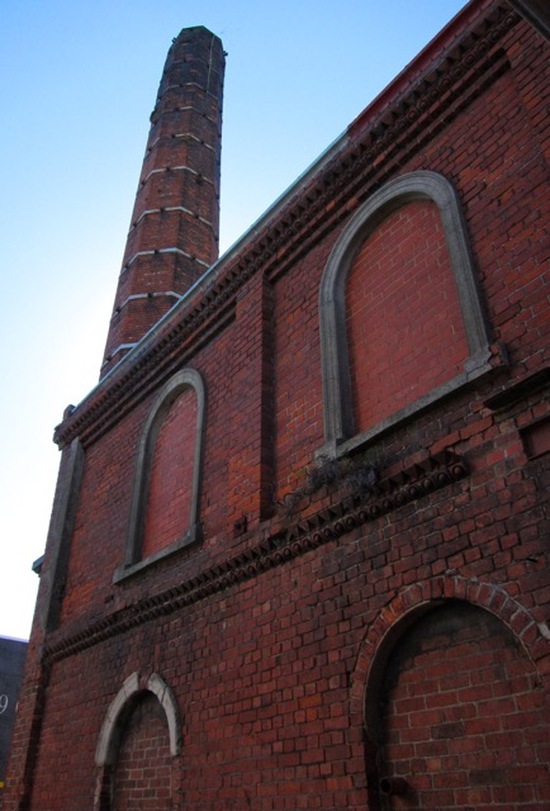
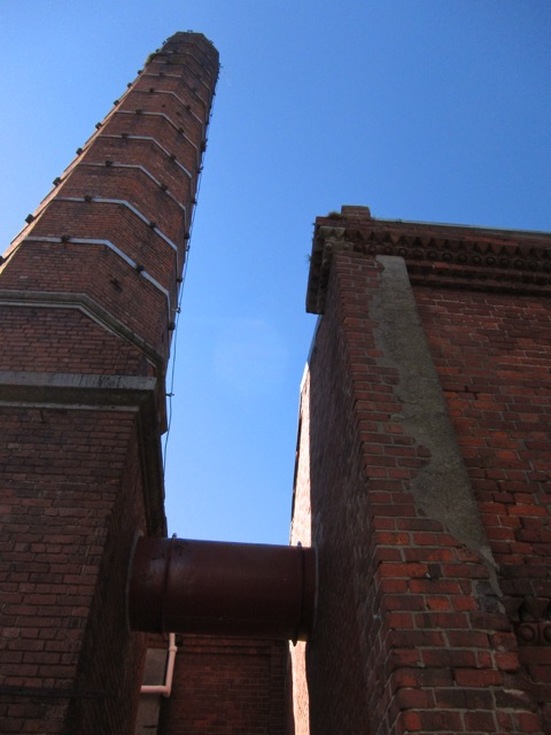
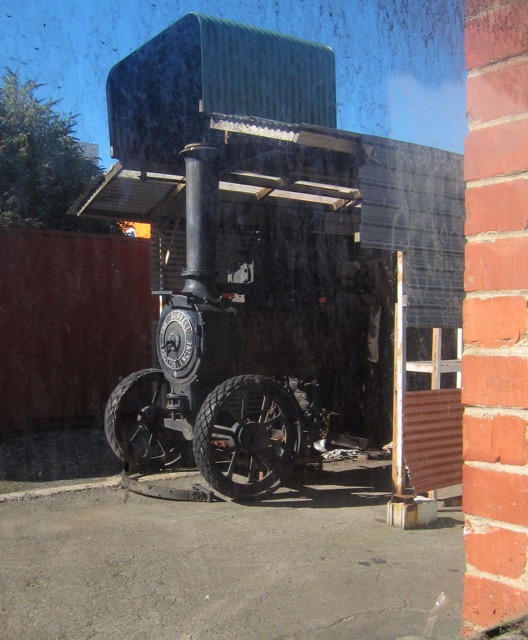
 RSS Feed
RSS Feed






